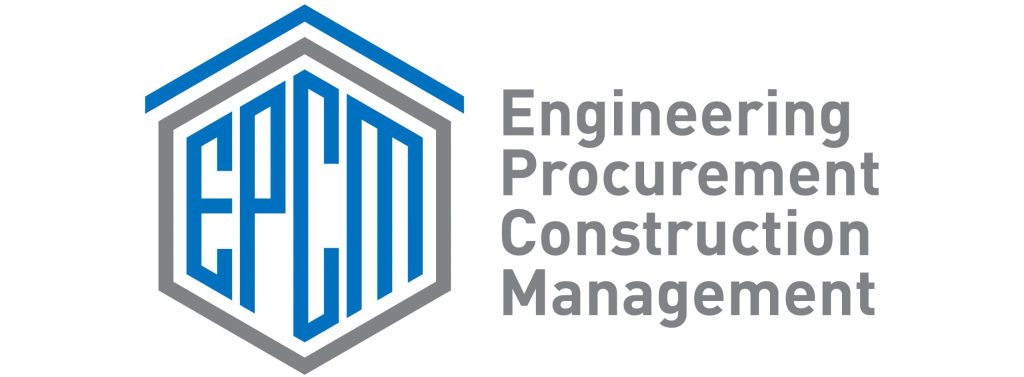The Engineering, Procurement, and Construction (EPC) industry stands on the brink
of a technological revolution. As project complexities increase and timelines shorten,
the adoption of innovative technologies is no longer just an advantage—it’s a
necessity. This evolution promises to reshape the EPC landscape, introducing
efficiencies and capabilities that were once unimaginable. Below, we delve into the
transformative potential of emerging technologies in the EPC sector, focusing on
Artificial Intelligence (AI), the Internet of Things (IoT), and modular construction.
AI and Machine Learning Revolutionize Project Planning
AI and Machine Learning (ML) are at the forefront of the technological wave in EPC.
These technologies offer predictive analytics, automating risk assessment and
optimizing project planning. By analyzing vast datasets, AI algorithms can forecast
potential delays, budget overruns, and logistical challenges, allowing project
managers to make informed decisions proactively.
One notable application is the use of AI in scheduling. Algorithms can calculate the
most efficient project timelines, taking into account the availability of resources,
labor, and external factors such as weather conditions. This level of optimization
was once a Herculean task for project managers, but AI simplifies it, enhancing
productivity and reducing costs.
IoT: Transforming Construction Sites into Smart
Environments
The Internet of Things (IoT) extends intelligence to construction sites, transforming
them into interconnected, smart environments. IoT devices, such as sensors and
drones, collect real-time data on everything from material inventory levels to the
structural integrity of constructions. This constant stream of data enables project
managers to monitor progress accurately, ensure safety standards are met, and
reduce waste by precisely tracking material usage.
Furthermore, when integrated with AI, IoT technologies can predict equipment
failures before they occur, scheduling maintenance to avoid costly downtime. This
predictive maintenance, powered by IoT and AI, exemplifies how technology can
significantly improve efficiency and reliability in the EPC sector.
Modular Construction and 3D Printing: Pioneering
Sustainable and Efficient Building Practices
Modular construction and 3D printing are redefining the boundaries of what’s
possible in the EPC industry. Modular construction, where building components are
prefabricated off-site and assembled on location, offers several benefits. It reduces
construction time, lowers costs, and minimizes environmental impact by reducing
waste. This method also facilitates higher quality control since components are
produced in controlled factory settings.
3D printing complements modular construction by allowing the creation of complex,
customized building components at a fraction of the time and cost of traditional
methods. It also opens the door to using innovative, sustainable materials that can
reduce the carbon footprint of construction projects.
Conclusion: Embracing Innovation for a Competitive Edge
The EPC industry’s future lies in harnessing the power of emerging technologies. AI,
IoT, and modular construction are not mere trends; they are harbingers of a more
efficient, sustainable, and innovative construction landscape. By embracing these
technologies, EPC firms can achieve unprecedented levels of project optimization,
risk management, and environmental stewardship.
The journey towards this future requires a shift in mindset, willingness to invest in
new technologies, and a commitment to continuous learning. For those who are
ready to take the leap, the rewards are vast—streamlined operations, competitive
advantage, and a significant role in shaping the future of construction.
As we look ahead, it’s clear that the intersection of technology and construction will
continue to evolve, bringing new challenges and opportunities. The EPC industry
must stay agile, adapt to changes, and continue to innovate to remain at the
forefront of this exciting journey.

